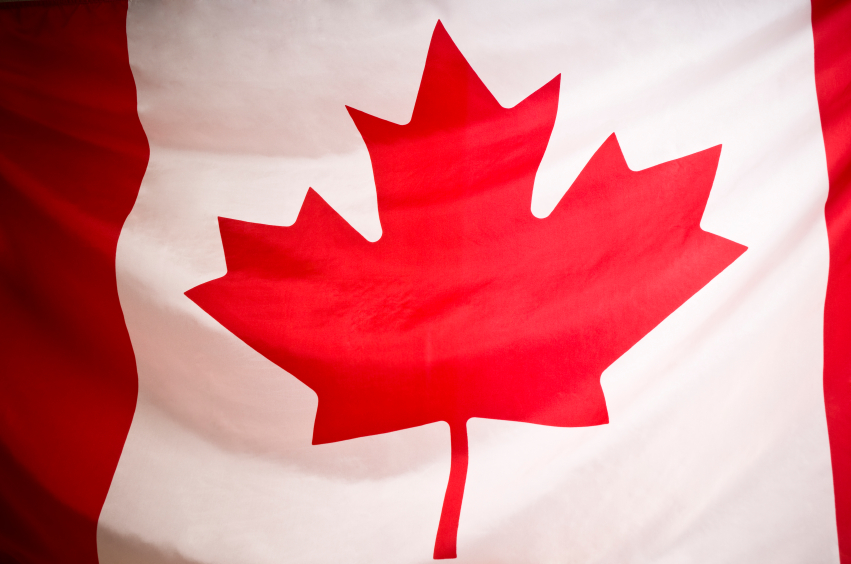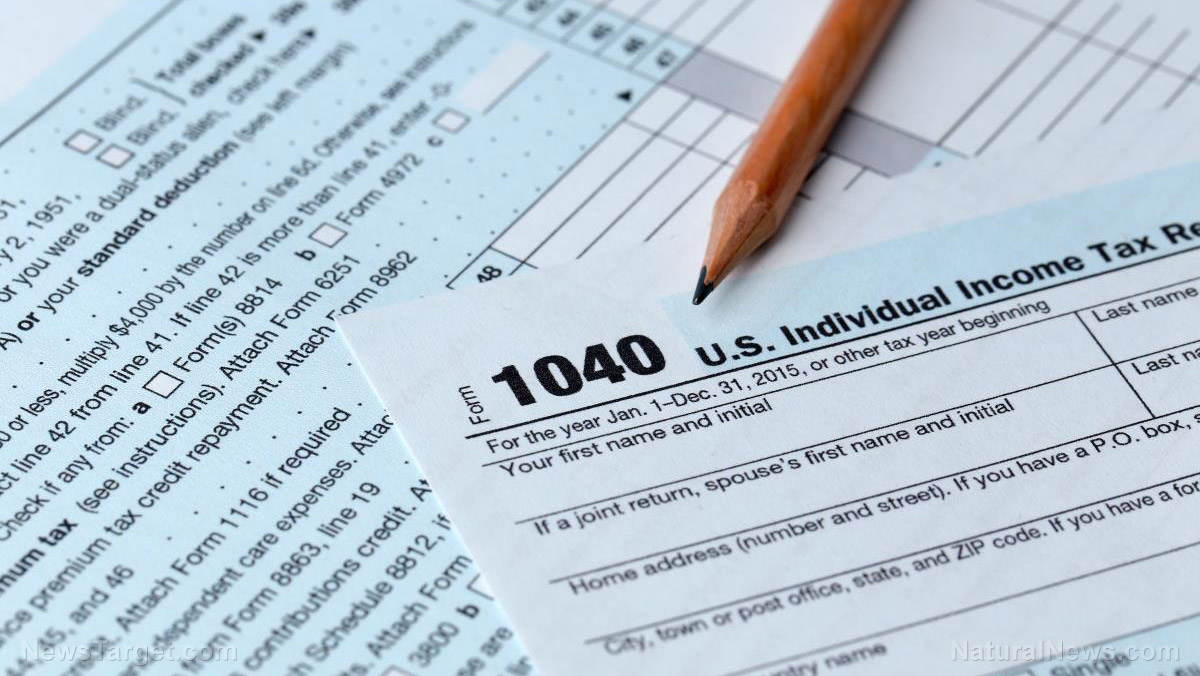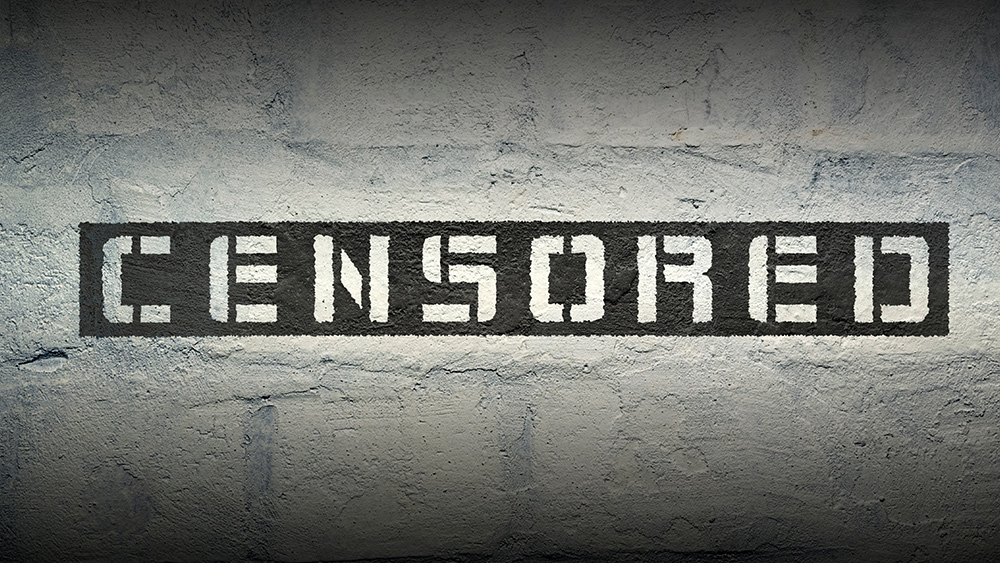A new digital frontier: Government power to disconnect citizens raises alarm
10/06/2025 / By Willow Tohi

- Bill C-8 grants the federal government the power to order internet service providers to deny service to “any specified person” without a prior warrant.
- The order requires only the approval of the Minister of Industry, with oversight occurring only after the fact through a judicial review.
- Privacy advocates and legal experts warn the bill threatens encryption standards and enables warrantless access to sensitive personal data.
- Critics argue the bill contradicts past Canadian government stances that treated internet access as a fundamental right.
- The legislation is the latest in a series of government bills increasing control and regulation over the Canadian internet.
In a move that has sparked intense debate over digital rights and state power, the Canadian government has introduced legislation that would grant a federal minister the authority to unilaterally disconnect any individual from the internet. Bill C-8, currently in its second reading in the House of Commons, proposes amendments to the Telecommunications Act that would allow the Minister of Industry to prohibit telecommunications providers from offering service to “any specified person.” This power, which requires no prior judicial warrant and is defended by the government as a necessary tool against cyber-threats, is being criticized by civil liberties groups as an unprecedented and dangerous expansion of state authority that threatens the privacy and freedoms of Canadians.
The mechanics of a disconnection order
Titled “An Act respecting cyber security, amending the Telecommunications Act and making consequential amendments to other Acts,” Bill C-8 was introduced in June by Minister of Public Safety Gary Anandasangaree. The most contentious provision lies in the new powers it would confer upon the Minister of Industry, a portfolio held by Mélanie Joly. The bill would allow the minister to “prohibit a telecommunications service provider from providing any service to any specified person.” The legislation mandates compliance from all internet service providers, requiring them to pull services from anyone the government specifies. The only recourse for an individual subjected to such an order is to seek a judicial review in Federal Court after the disconnection has been enforced. The government, led by Prime Minister Mark Carney, justifies this power as a means to combat “unprecedented cyber-threats” and hostile state actors. The bill states it may be “necessary to do so to secure the Canadian telecommunications system against any threat, including that of interference, manipulation, disruption, or degradation.”
A chorus of criticism from privacy advocates
The proposed legislation has drawn swift and severe criticism from across the political and civil society spectrum. The Canadian Civil Liberties Association (CCLA) has been vocal, labeling the bill as containing “dangerous flaws” that must be fixed before it becomes law. The organization warns that the legislation confers ministerial powers that could be used to “deliberately or inadvertently compromise the security of encryption standards.” Tamir Israel, Director of the CCLA’s Privacy, Surveillance & Technology Program, stated, “By failing to guarantee critical end-to-end encryption protocols will not be undermined, Bill C-8 risks doing more harm than good to cybersecurity. Its ongoing inclusion of warrantless data access mechanisms and use of a secrecy by default approach poses an additional threat to privacy and other civil liberties.” The concerns are not limited to advocacy groups. Canada’s own Intelligence Commissioner has warned that the bill, if passed as is, would authorize the warrantless seizure of sensitive private information and questioned whether such an approach could be constitutionally justified.
A reversal on digital freedom?
The introduction of Bill C-8 appears to mark a significant departure from the Liberal government’s previous international stance on internet freedom. Canada is a founding member of the Freedom Online Coalition, an international body dedicated to maintaining free and open access to the internet. As a member, Canada has frequently signed joint statements decrying state obstruction of online freedoms. In 2019, for instance, Canada endorsed an FOC statement that criticized the “shrinking civic and democratic spaces online as a result of State-sponsored obstruction of free expression, peaceful assembly and free association.” Just three years ago, the government itself released an official information sheet declaring that “the rights and freedoms that individuals have offline must also be protected online.” This history makes the current legislative push all the more jarring for critics. People’s Party of Canada leader Maxime Bernier wrote on X, “The Liberal government is giving itself power to ban dissidents from the internet!”
A pattern of online regulation
Bill C-8 is not an isolated initiative but rather the latest in a series of government bills that have introduced new regulatory controls over the Canadian internet. This legislative trend includes:
- The Online News Act, which became law in 2023 and requires social media companies to compensate news outlets for shared links, leading Meta to ban news sharing on its platforms in Canada altogether.
- The Online Streaming Act, which extended Canadian content regulations to online streaming services like Netflix and YouTube. These prior acts focused on content and economic regulation, but Bill C-8 represents a qualitative shift by targeting an individual’s fundamental access to the digital world itself. Currently, no mechanism exists for the government to unilaterally order a private citizen’s internet service disconnected, making this proposed power a first in Canadian law.
A precedent with far-reaching consequences
As Bill C-8 progresses through Parliament, it has ignited a fundamental debate about the balance between national security and civil liberties in the digital age. The power to disconnect a citizen from the essential platform for modern communication, commerce and information, based on a ministerial order without prior judicial oversight, sets a profound precedent. For privacy advocates and legal experts, the bill represents not just a potential tool against cyber-threats, but a dangerous vulnerability that could be exploited to undermine the encryption protecting everyone’s data and to silence dissent. The outcome of this legislative battle will likely define the boundaries of state power and individual digital freedom in Canada for a generation, determining whether the internet remains an open forum or becomes a space where access is contingent on government approval.
Sources for this article include:
Submit a correction >>
Tagged Under:
bias, big government, Bill C-8, Censorship, connectivity, cyberwar, First Amendment, free speech, Glitch, groupthink, left cult, Liberty, Orwellian, outrage, privacy watch, speech police, Suppressed, thought police, Tyranny
This article may contain statements that reflect the opinion of the author
RECENT NEWS & ARTICLES
COPYRIGHT © 2017 GOVTSLAVES.COM
All content posted on this site is protected under Free Speech. GovtSlaves.com is not responsible for content written by contributing authors. The information on this site is provided for educational and entertainment purposes only. It is not intended as a substitute for professional advice of any kind. GovtSlaves.com assumes no responsibility for the use or misuse of this material. All trademarks, registered trademarks and service marks mentioned on this site are the property of their respective owners.



















